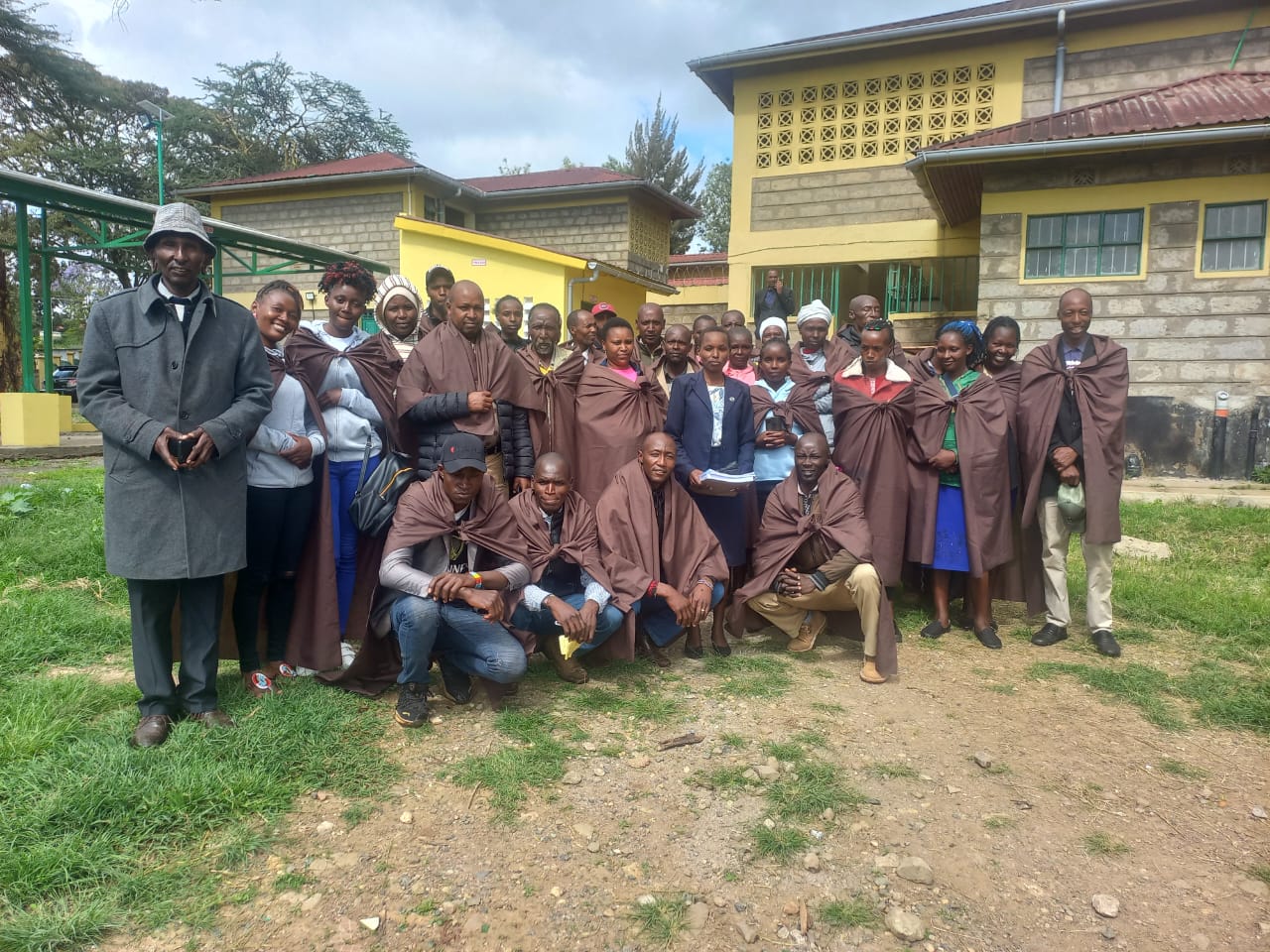
 Members of the Ogiek community when they appeared before the Narok Law Courts on November 23, 2023/OPDP
Members of the Ogiek community when they appeared before the Narok Law Courts on November 23, 2023/OPDP
Kenya should enact dedicated legislation to expand specific protection for indigenous people and step up safeguards against forced evictions, the UN Human Rights Committee has said.
The committee also asked Kenya to ensure consistent and effective application of the principle of free, informed, and prior consent before any developmental or other activities take place on lands traditionally used, occupied, or owned by indigenous communities.
Through the Human Rights Council Working Group on the Universal Periodic Review 49th session Geneva held on April 28–May 9, the UN group urged the Kenyan government to intensify implementation of the Community Land Act, 2016, including by allocating adequate funding to facilitate the required processes.
This, it said, would ensure indigenous people obtain official recognition and registration of their land.
The council was reacting to a communication dated November 23, 2023, where several independent human rights experts, officially referred to as Special Procedure Mandate Holders about the alleged forced eviction and displacement of at least 1,000 members of the Ogiek indigenous people in Sasimwani, Mau Forest.
“The Special Procedure Mandate Holders said the evictions had been in direct contravention of rulings by the African Court of Human and Peoples’ Rights recognising the Mau Forest as the ancestral lands of the Ogiek and finding that the expulsion of the Ogiek from the Mau Forest against their will and with no consultation violated their human rights,” the committee said.
The experts also expressed “grave concern” about the destruction of the Ogiek’s homes, property, livestock, schools and places of worship.
Additionally, they highlighted the failure of Kenya to guarantee the property rights of the Ogiek through land delimitation, demarcation and titling, and to end the forced evictions to protect and fulfil their right to adequate housing in a comprehensive manner.
In the landmark ruling on May 26, 2017, the African court based in Arusha, Tanzania, ruled the Kenyan government had violated Ogiek’s right to life, property, natural resources, development, religion and culture.
The court found the state evicted the community from their ancestral land in the Mau Forest, and it must take steps to remedy the violations.
In the reparations ruling on June 23, 2022, the court awarded the Ogiek Sh57.85 million as compensation for the material prejudice suffered and Sh100 million for the moral prejudice suffered.
The court, among other directions, also ordered the government to grant the community a collective title and put measures to prevent further violations of their rights.
The 2017 judgment was a major precedent for indigenous peoples’ land rights in Africa, recognising they have a role in conserving ecosystems and natural resources.
The United Nations Framework Convention on Climate Change also acknowledges that indigenous peoples have the knowledge and practices needed to implement and scale-up climate action.
The joint submission stated that the unequal access to land and insecure land tenure had affected indigenous communities relying on customary land tenure systems.
“The Community Land Act, No 27 of 2016, sought to enhance land management, operationalising Article 63 of the Constitution that recognised community land rights, but its implementation had struggled with the formalisation of these rights,” it said.
Further, it noted the Ogiek community had faced historical land injustices, with the most recent eviction in 2023, which displaced 700 families in the Maasai Mau Forest block.
“The forced eviction of the Endorois community had affected about 6,000 people...The restrictive policies on local seed usage had limited the use, exchange and sale of indigenous seeds, which increased food insecurity for peasants. Also, access to water for farming had remained a significant challenge for peasants,” it said.
INSTANT ANALYSIS
Indigenous communities in Kenya face numerous violations, primarily related to land rights and resource control, often resulting in forced evictions and marginalisation.
These communities, including hunter-gatherers like the Ogiek and Sengwer, are frequently dispossessed of their ancestral lands and territories to accommodate development projects, logging and conservation initiatives.
Additionally, they often experience discrimination, lack of representation and poor service provision, further exacerbating their vulnerability.
Among the violations they suffer are dispossession of ancestral lands through evictions to make way for logging, conservation projects, and large-scale development projects.
The Kenyan government has been accused of forcing evictions of indigenous communities, including the Sengwer and Ogiek, from their traditional lands. They also lack legal recognition and protection under Kenyan law, leading to continued violations













